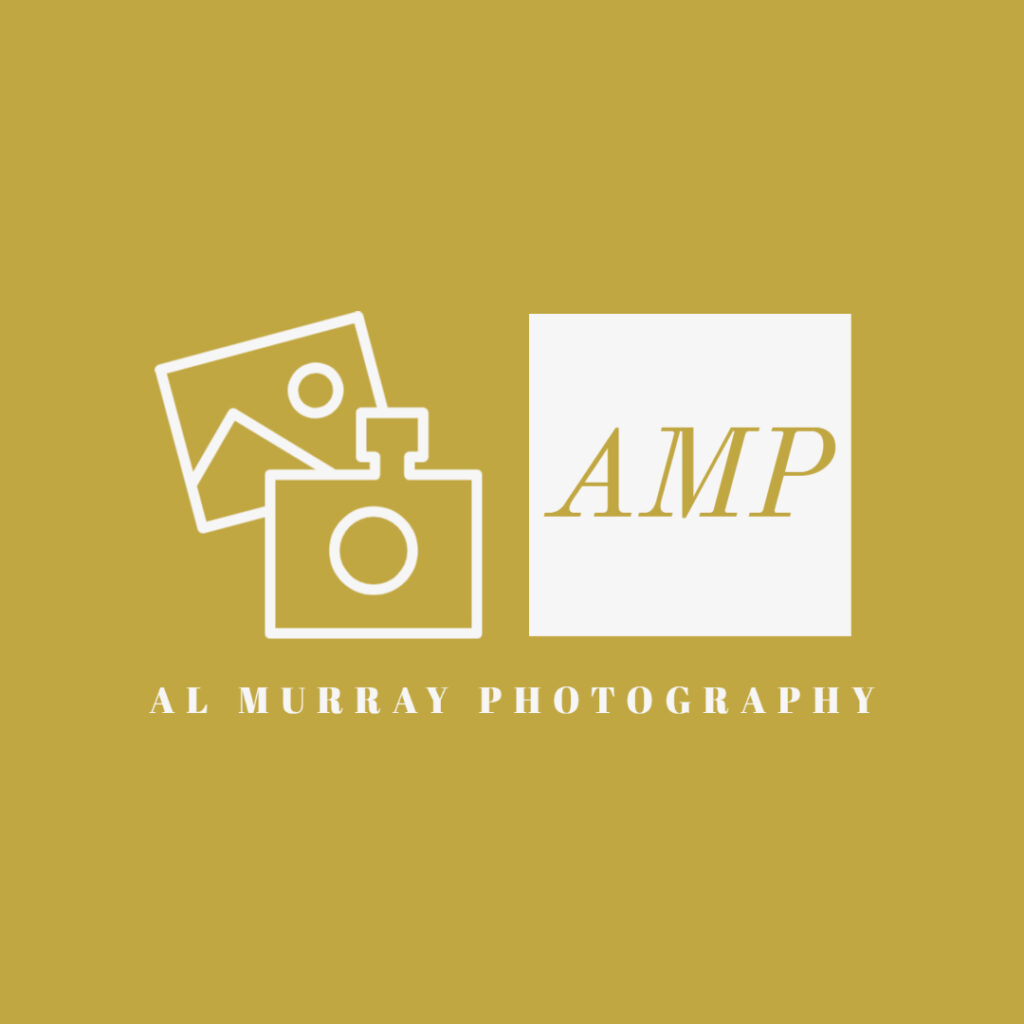Beginning Your Photography Journey at Any Age
Photography is an amazing art form that allows us to capture moments and narrate stories through images. It might start as a hobby, sparked by the need to document family moments, travel adventures, or the beauty in everyday life. I consider myself fortunate to have turned my passion for photography into a career, but it wasn’t always a professional venture. Like many, I began with curiosity and a simple camera.
In this post, I will share how I embarked on my photography adventure and offer guidance on starting your own. Whether you’re in your 40s, 50s, 60s, or beyond, it’s never too late to pick up a camera and explore the captivating world of digital photography.
My Photography Beginnings
I’ve always had a passion for photography, but the costs associated with it—cameras, lenses, and developing film—made it a challenge when I was young. My parents encouraged me to pursue other interests. However, the advent of digital photography reignited my enthusiasm for capturing moments. Despite the challenges, I sought to improve my skills and understanding by enrolling in Photography Studies at Toronto Metropolitan University.
My passion for capturing moments stems from a fascination with how an image can evoke emotions and tell a story. Initially, I used a basic point-and-shoot camera, capturing family events and holidays. My interest in composition and lighting grew, prompting me to upgrade my equipment and invest time in learning the craft. It wasn’t a quick process, but the more I explored photography, the more I realised it was about perspective, creativity, and the willingness to see the world differently.
With increased confidence, I began experimenting with different styles—landscapes, portraits, and eventually, sports photography. Over the years, I honed my skills, turning my hobby into a profession. Yet, whether or not you wish to pursue photography professionally, it remains a rewarding activity at any stage of life.
Getting Started in Photography
Choosing the Right Camera
You don’t need an expensive camera initially. Many beginners start with smartphone cameras, which are highly capable these days. If you’re ready for a dedicated camera, consider starting with a mirrorless or DSLR camera. These allow you to change lenses and offer more control over settings like aperture, shutter speed, and ISO.
Options like the Canon EOS Rebel series or Nikon D3500 are excellent entry-level DSLRs, while Sony’s Alpha series provides great mirrorless choices. A used or refurbished camera can work just as well for learning.
Learning Photography Basics
Starting in photography requires understanding how a camera operates. Three essential elements form the foundation:
Aperture controls the light entering the camera and affects the depth of field.
Shutter Speed determines the sensor’s light exposure time. Faster speeds freeze motion, slower ones create motion blur.
ISO affects sensitivity to light; low ISO for bright conditions, higher for low light.
Mastering these elements helps you take better photos, and most modern cameras offer automatic settings to assist you as you learn.
Practising Composition
Composition—how elements in your image are arranged—is crucial. A simple rule to start with is the Rule of Thirds. Imagine dividing your image into nine equal sections with two vertical and two horizontal lines. Placing your subject along these lines or at intersections often creates a balanced, interesting photo.
Experiment with angles, lighting, and framing. The more you practise, the more you’ll develop an eye for great shots.
Essential Equipment for Beginners
Ready to move beyond a smartphone camera? Here’s what to invest in:
Camera Body
Entry-level DSLRs or mirrorless cameras are ideal for starters.
Versatile Lens
Consider a 50mm prime lens for portraits and general shots, or an 18-55mm kit lens for framing flexibility. Depending on your budget, you may want to try 24 – 70mm and 70 – 200mm. These are my second round of lens purchases and my constant go-to lenses.
Tripod
Beneficial for landscape photography, long exposures, and low-light situations.
Extra Batteries and Memory Cards
Essential for extended shoots so you won’t miss a great shot due to low battery or memory.
I will throw a word of caution here. Depending on the camera you buy, this may or may not be your first round of purchases. I did not need with my regular DLSR but once I moved up to a mirrorless, they did become necessary. So discuss with whoever is selling you the camera.
Photo Editing Software
Editing software like Adobe Lightroom or Photoshop allows you to fine-tune photos, adjusting brightness, contrast, colours, and sharpness.
Learning More About Photography
One of the best ways to immerse yourself in photography is to keep learning. There are countless resources online and in-person:
Online Tutorials and Courses
Platforms like Udemy, Skillshare, and CreativeLive offer beginner courses. YouTube is also full of free tutorials covering everything from basic settings to advanced techniques.
Join a Photography Group
Many cities have photography clubs where you can meet like-minded individuals, share tips, and go on group outings. These clubs often cater to all skill levels.
Take a Photography Workshop
Professional photographers often offer workshops on specific topics like landscape or portrait photography. These hands-on sessions can be invaluable.
Practice, Practice, Practice
The best way to learn is to take photos. Start with everyday surroundings, like your backyard or local park. As you grow comfortable, explore different subjects and locations.
Final Thoughts
Photography is an art form anyone can enjoy, regardless of age. Whether in your 40s, 50s, 60s, or beyond, it’s never too late to start. Begin with the basics, invest in a camera that suits your needs, and practise whenever you can. With time, you’ll develop a unique style and perspective.
Don’t wait. It’s a fantastic hobby, and with some searching, you can find great second-hand equipment to start. Join a club or group to share and learn. Welcome feedback, and capture the world through your lens!
What are you waiting for? Start your photography adventure today!
Please note: The opinions expressed in this document should never be construed as advice. The thoughts are based on my experiences after 40-plus years of business and vacation travel. My likes and dislikes may vary drastically from yours. Do your research and find products and experiences that align with your likes and dislikes. Most of all have happy travels and see you out there on the road!
Al of Al Murray Travel & Photography: From the time in my youth, when I would lay on our garage roof watching planes traverse the skies above me, I knew I wanted to see the world.
My passion grew after spending a semester of my university days in Barcelona. I spent more time on trains and buses than I did in class.
After earning my BA from Carleton University, life got in the way. But I did find time to graduate again from George Brown in Fitness and Lifestyle Management and then work my way through most of a degree in Sports Administration. However I needed to find work and pay for all this education!
It wasn’t until my “middle age” did I start exploring the world again. First, transversing the US and Canada to take part in tennis tournaments. Then later to complete my spectator “grand slam” of tennis.
I accomplished this while earning my certificate in photography from Toronto Metropolitan University. I am now combining the two passions and now sharing with you my many lessons learned.

